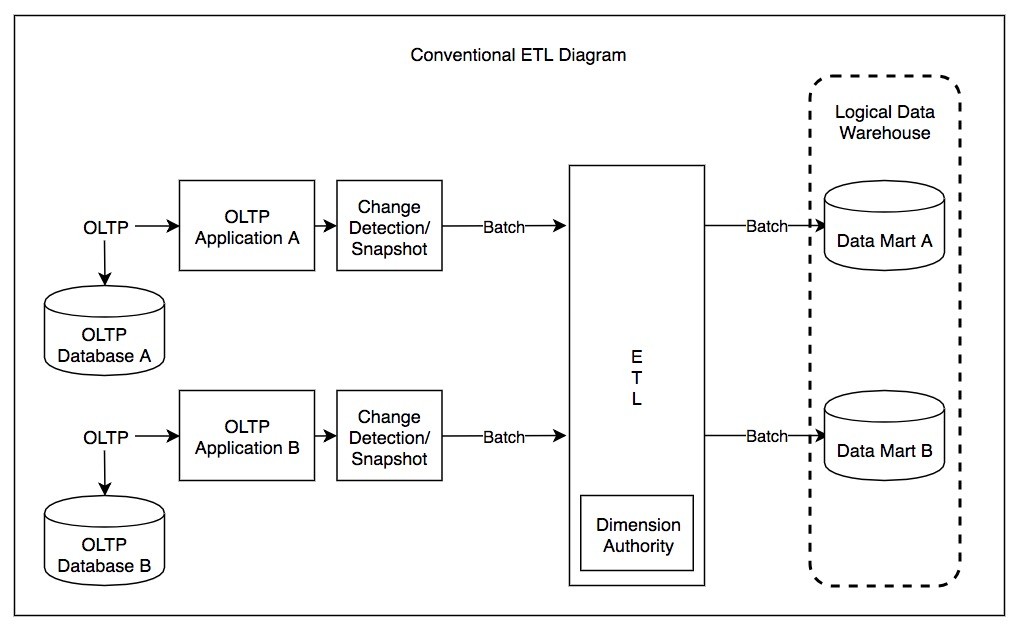
ETL Training
Learn More
ETL
ETL (Extract, Transform, Load) is a critical process for businesses that need to collect data from various sources, transform it into a structured format, and load it into a data warehouse or other data storage system. ETL training can be beneficial for IT professionals involved in data integration and management at different stages of their careers.

Training Objective
-
Learn the basics of ETL (Extract, Transform, Load) process, including its tools and techniques.
-
Understand the role of data warehousing in ETL, and the various types of data sources.
-
Discover the different ETL tools and their features, including Talend, Informatica, and Apache NiFi.
-
Understand the importance of data quality and validation in ETL, and the various methods for data cleansing.
-
Learn about the concepts of data profiling and metadata management, and their role in ETL.
-
Explore the use of ETL in big data processing, cloud-based ETL, and real-time data integration.
-
Understand the various data integration techniques such as batch processing, message queuing, and change data capture.
-
Learn about the importance of data governance and compliance in ETL, and the various standards and regulations that apply.
-
Discover different techniques for monitoring and managing ETL processes, including logging, alerts, and performance tuning.
-
Understand the role of ETL in the overall data architecture, including the data warehouse and data marts.
Training Content
-
Understanding the ETL process and its components - Extract, Transform, and Load.
-
Introduction to ETL tools such as Talend, Informatica, and Apache NiFi.
-
Understanding data sources and data integration techniques, including batch processing and change data capture.
-
Data quality, validation, and cleansing techniques for ETL.
-
Metadata management, including data profiling and data lineage in ETL.
-
Techniques for big data processing, cloud-based ETL, and real-time data integration.
-
Understanding the different types of data warehousing and their role in ETL.
-
Exploring data governance and compliance in ETL.
-
Performance tuning and monitoring of ETL processes, including logging and alerts.
-
Data architecture and its role in ETL, including data warehouse and data marts.

